We are less than a month from the ILC 2021, EASL’s annual flagship event, taking place 23–26 June. ILC 2021 is the 56th iteration of this landmark gathering! So on this occasion, we invite you to discover the history and memories of this not-to-be-missed event in the world of hepatology.
For several decades, EASL’s signature event, now the International Liver Congress™ (ILC), was called the “EASL Annual Meeting”. It first took place in 1966, in Marburg, Germany, when Prof. Hans Adolf Martini, gathered about 80 European hepatologists for a two-day symposium on hepatology. This was effectively the founding of EASL and of the annual meetings for the hepatology community that would be taking place for the half-century, and beyond.
In 2009, in Copenhagen, Denmark, the decision was taken to rename the EASL Annual Meeting the International Liver Congress™. The first meeting by this new name took place in Vienna, Austria, at the 45th iteration, held in 2010. Since then, the ILC has become a brand, in itself.
Over the years, this highly esteemed event has brought together established, eminent hepatologists, as well as other great names in the making. Below, discover testimonials from different members of the EASL community, recalling their memories of the ILC and their views on why everybody in the field should take part.
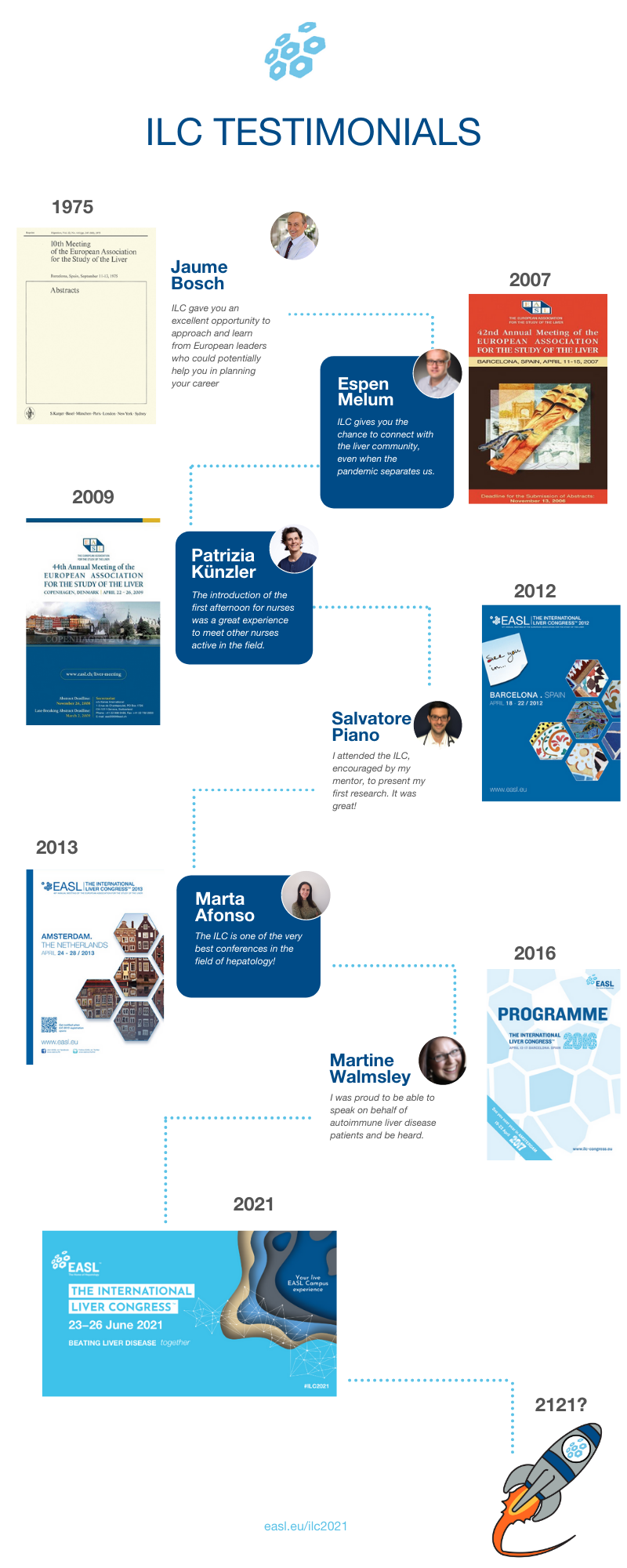
Dr Marta Afonso, MD, PhD – Member of the YI Task Force
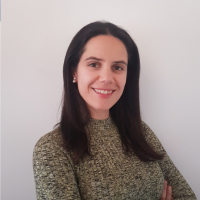
Attending ILC in 2013 was really special, and a moment in my life that I will tell my grandchildren about.
When did you first take part in the ILC?
My first ILC was in 2013, in Amsterdam, the Netherlands.
What motivated you to attend the ILC then?
I started my PhD in 2013 and set out to learn as much as I could about my research topic. In that sense, the ILC is perfect! It brings together specialists from basic and clinical science, delivering diversified high-quality presentations.
What is your most vivid memory of the ILC?
It was at the very first ILC I attended. My main motivation to attend the ILC in 2013 was purely scientific, but then I was completely yet positively overwhelmed by the scale of the event and with the feeling that I belonged to a fantastic international community all of us sharing a passion for the liver. Since then, I never stopped attending conferences organised by EASL and became increasingly involved in this community. In addition, almost simultaneously with the ILC 2013, it was the last Queen’s Day in the Netherlands, a historic moment that I had the opportunity to experience. So, attending ILC in 2013 was really special, and a moment in my life that I will tell my grandchildren about.
Why would you recommend taking part in the ILC?
There are so many reasons! But let me sum it up: The ILC is one of the very best conferences in the field of hepatology!
Prof. Jaume Bosch, MD, PhD – Emeritus Member
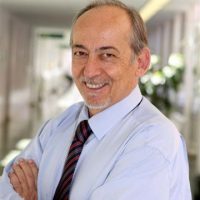
You could easily have lunch or dinner close to Dame Sheila Sherlock or Jean-Pierre Benhamou!
When did you first take part in the ILC?
My first ILC was in Castelldefels, Barcelona, in 1975 (if I’m not wrong). Of course, at that time it was not yet the ILC, but the EASL Meeting, with a capital M. I’ve attended every year since then; so, I think I deserve a gold medal (or pin) for loyalty to EASL.
What motivated you to attend the ILC then?
This was during my hepatology fellowship at the Barcelona Liver Unit, after completing internal medicine and finishing gastroenterology. EASL Meetings were “the Meeting” – a legendary occasion, where you could encounter all the famous European hepatologists, in person and from close up. There were about 200–250 attendants, all accepted papers then were oral presentations, and discussions were so passionate, they continued through coffee breaks, lunch, and dinner.
ILC gave you an excellent opportunity to approach and learn from European leaders who could potentially help you in planning your career, which included a mandatory post-doc abroad. You could easily have lunch or dinner close to Dame Sheila Sherlock or Jean-Pierre Benhamou!
Also, EASL was unique in being a totally informal association, where young members played a protagonist role, while older members served as wise mentors, helping to facilitate contacts in an era when intercontinental travelling was scarce and there was no Internet.
What is your most vivid memory of the ILC?
I have plenty of very vivid memories, but some should not appear in print: what happened at the ILC stays at the ILC! I will mention my first oral presentations, in Copenhagen and Athens (probably in 1976 or ‘77), the inspiring lectures that I attended, my first State of the Art, and the many parallel activities organised with friends made at ILCs. For example, the meeting in Rotterdam organised with Andy Burroughs was the basis for the very successful Baveno Meetings.
A special moment was when I was elected to be on the EASL Scientific Committee, in Lisbon, back in 1980, not to mention all the work we did thereafter. The most relevant achievements include establishing EASL as a membership association and founding the Journal of Hepatology, as EASL’s official journal.
Why would you recommend taking part in the ILC?
My colleagues have given very good reasons, above. Things have much changed since my first ILC in 1975, but this is for good, as now the ILC is our natural first-choice meeting. An incredible amount of new research data is presented, together with a top-class teaching programme that includes even practical demonstrations, and satellite activities all fields of hepatology. I always advised young fellows in the Unit to work hard to be granted the opportunity to attend, for which the best way is to have an accepted paper! With the increasing facilities for networking, with specific forums for Young Investigators, and with the friendly atmosphere that characterises the ILC, I think this is a must in the calendar, every year.
Dr Patrizia Künzler, PhD, RN – Member of the Nurses and AHPs Task Force
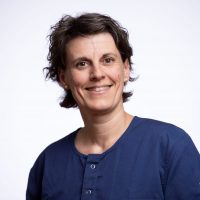
My professors told me: “It is very important for you to learn, too; at ILC, you will gain the newest insights.”
When did you first take part in the ILC?
In Copenhagen, in 2009.
What motivated you to attend the ILC then?
My professors, all physicians, brought me with them. They told me: “It is very important for you to learn, too; at ILC, you will gain the newest insights.”
What is your most vivid memory of the ILC?
Although I was very often in the company of physicians, I had different interests to theirs. I did not have the opportunity to meet a lot of people with whom I could discuss and share my new knowledge. I felt isolated, much of the time. In 2013, in Amsterdam, however, the first afternoon for nurses was held. It was a great experience to meet other nurses active in the field. Suddenly, the feeling of being alone went away.
Why would you recommend taking part in the ILC?
ILC offers you a unique opportunity to meet like-minded nurses and to grant you the feeling of being part of an important group.
Dr Salvatore Piano, MD, PhD – Member of the YI Task Force
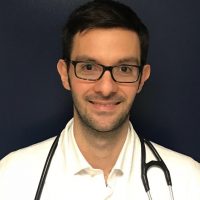
It’s a wonderful opportunity to present and disseminate the results of your research
When did you first take part in the ILC?
I attended the ILC for the first time in 2012, in Barcelona.
What motivated you to attend the ILC then?
I attended the ILC, encouraged by my mentor, to present my first research. It was great!
What is your most vivid memory of the ILC?
In 2018, in Paris, I presented my abstract in General Session 1. I still get chills, thinking about how many people were present!
Why would you recommend taking part in the ILC?
It’s a wonderful opportunity to be updated on new advancements on liver disease, network with worldwide experts in the field, and build future collaborations. Last but not least, to present and disseminate the results of your research.
Dr Espen Melum, MD, PhD – Member of the YI Task Force
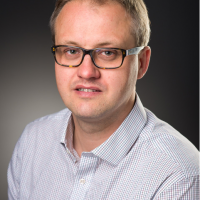
ILC gives you the chance to connect with the liver community, even when the pandemic separates us.
When did you first take part in the ILC?
In Barcelona, in 2007.
What is your most vivid memory of the ILC?
Back to 2019, in Vienna, a seven-year translational research project from my group was presented in a plenary session at ILC.
Why would you recommend taking part in the ILC?
ILC gives you the chance to connect with the liver community, even when the pandemic separates us.
Martine Walmsley, Chair of Trustees, PSC Support and member of EASL’s Policy and Public Health Committee
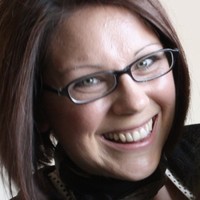
The ILC is a golden opportunity to meet and engage with other patient representatives, researchers, nurses, clinicians, and pharmaceutical companies
When did you first take part in the ILC?
I attended the ILC for the first time in 2016, in Barcelona.
What motivated you to attend the ILC then?
Each year, as a patient representative, I had closely followed the ILC on social media (and thank you to those who tweeted back then). But in 2016, I was encouraged to attend by primary sclerosing cholangitis (PSC) researchers and clinicians. At that time, most of the PSC clinical trials happening today were simply ideas. The scientific world was just starting to pay closer attention to PSC, usually referred to as “the last black box in hepatology”. My attending enabled my patient organisation to build valuable relationships that are still going strong today.
What is your most vivid memory of the ILC?
My most vivid memory of the ILC is sitting in a huge auditorium filled with thousands of attendees at that 2016 Barcelona meeting. Positive results of a Phase II PSC study were presented, and it was announced that the trial was moving on to Phase III. This was huge for PSC patients. It brought tears to my eyes and I will never forget that feeling. There was finally a light at the end of the tunnel for people living with PSC.
Another vivid memory was in Paris, in 2018, when I was invited to present the patient perspective in a scientific session. Again, I was in another huge auditorium. I was incredibly nervous, but proud to be able to speak on behalf of autoimmune liver disease patients and to be heard.
Why would you recommend taking part in the ILC?
The ILC is a golden opportunity to meet and engage with other patient representatives, researchers, nurses, clinicians, and pharmaceutical companies – from all corners of the world. It gives us the chance to discuss ideas for improving patient care and moving PSC research forward. One time, a friendly meeting over coffee was the seed that grew into the first ever joint PSC and autoimmune hepatitis patient meeting, held in Wales. You can definitely say that ILC coffee is good for the liver!
How about you? Have you already taken part in the ILC? Share your experiences and memories below!


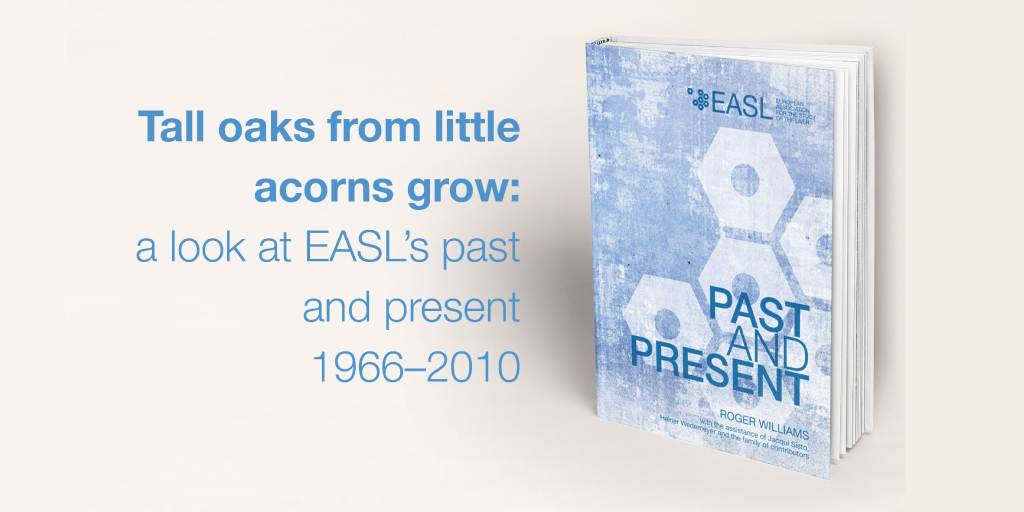
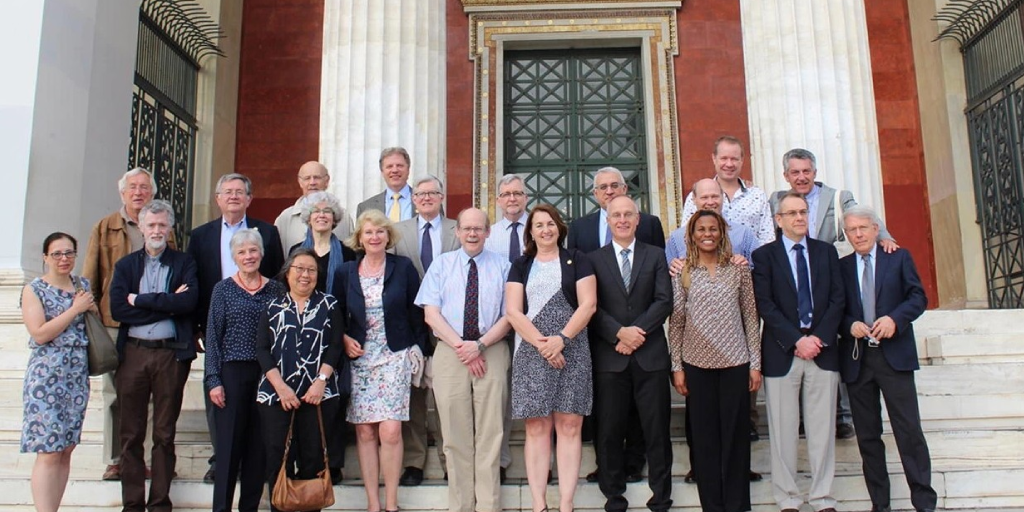
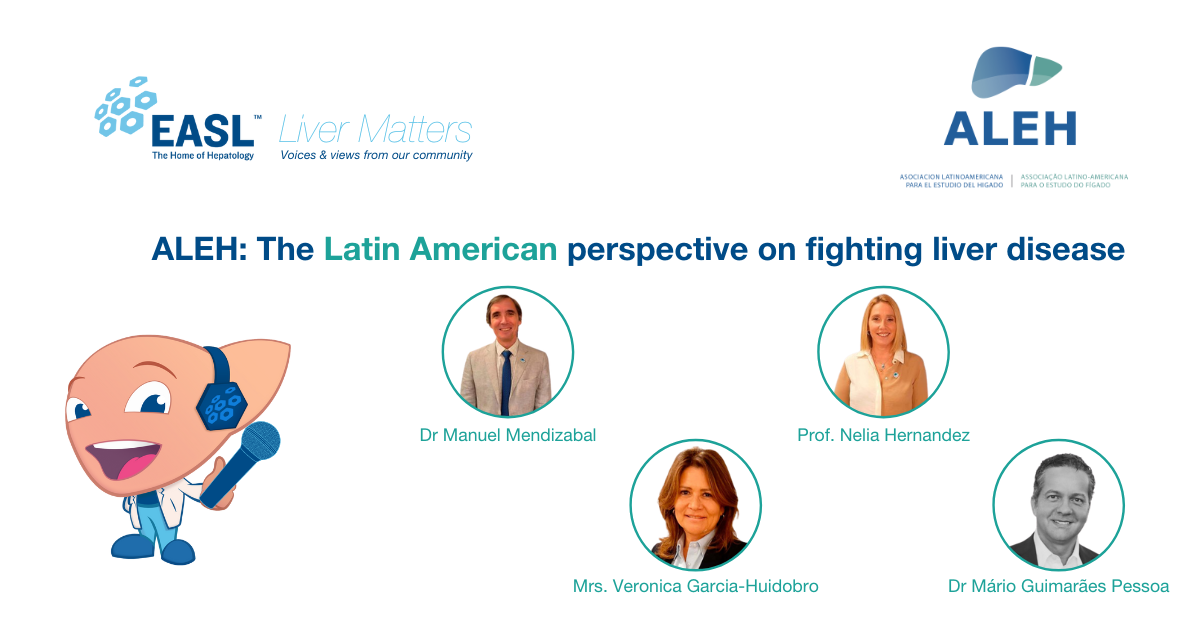
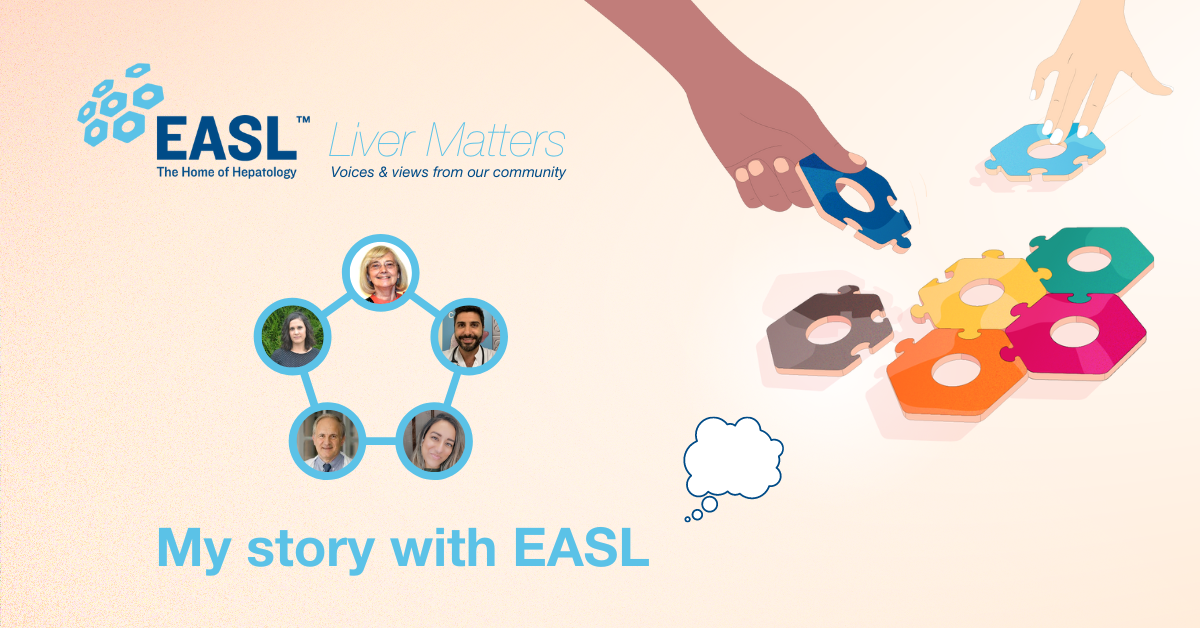
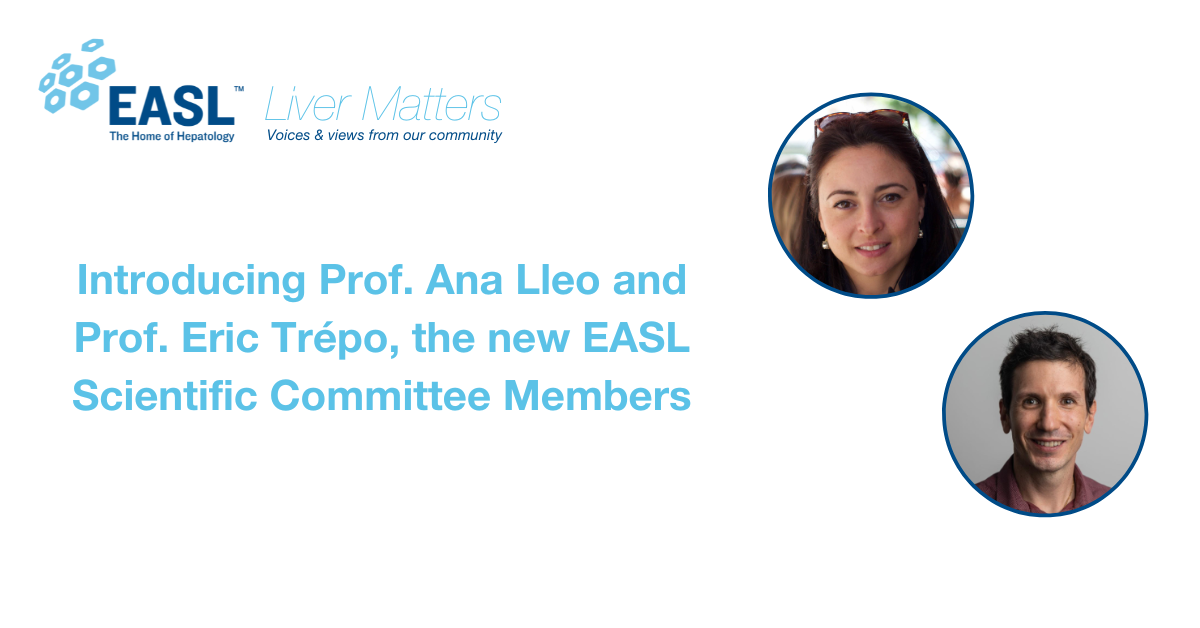
Comments (0)